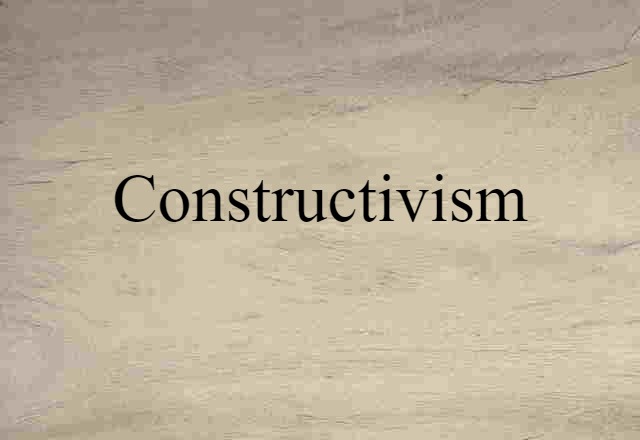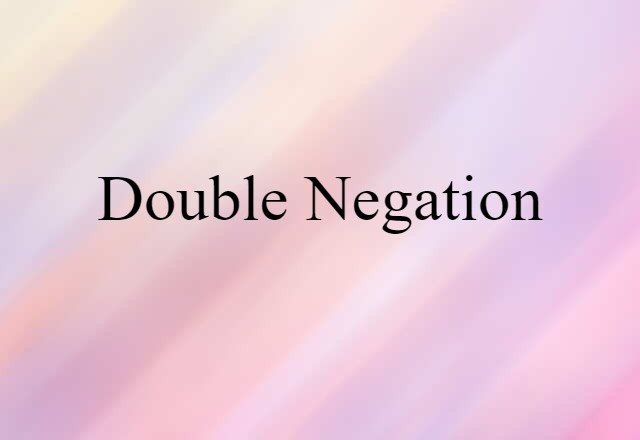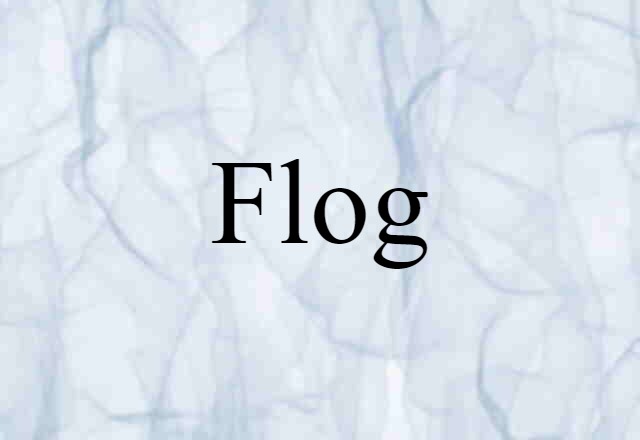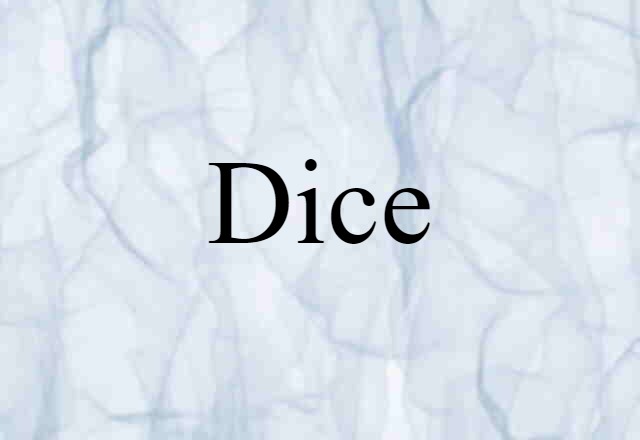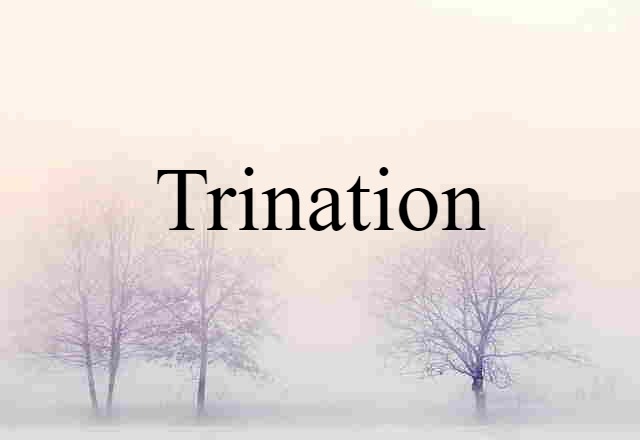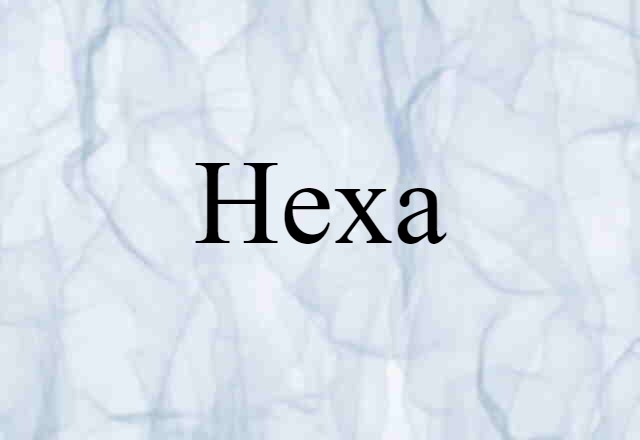- a nonrepresentational style of art developed by a group of Russian artists principally in the early 20th century, characterized chiefly by a severely formal organization of mass, volume, and space, and by the employment of modern industrial materials.
- a style of scenic design characterized by abstraction, simplification, and stylization rather than realistic imitation.
- a movement in abstract art evolved in Russia after World War I, primarily by Naum Gabo, which explored the use of movement and machine-age materials in sculpture and had considerable influence on modern art and architecture
- the theory that mathematical entities do not exist independently of our construction of them
